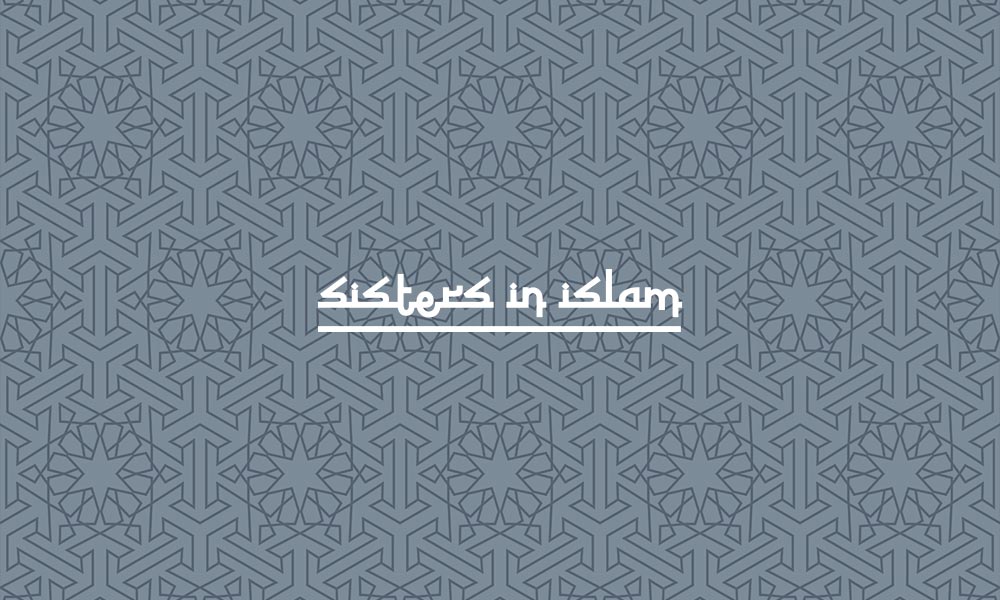Terengganu Hudud Enactment
All along, the PAS state governments of both Terengganu and Kelantan have attempted to silence criticism by repeatedly claiming that their version of the “hudud” law is the Divine Law of God. The very fact that glaring contradictions has been exposed between some of their original provisions with the actual letter and spirit of the Qur’an and authentic hadith also raises serious doubts as to the propriety and conformity of the other provisions with the true spirit of the Divine Sources of the syariah.
There is still confusion between rape and zina, when rape is regarded to be “zina by force” within the category of zina. Rape is actually a violent and heinous crime against women, a violation of a woman’s body which is even worse than a violation of monetary property, and is the worst form of hirabah. Section 9 has been amended to allow a rape victim to bring qarinah (circumstantial evidence) in lieu of four male witnesses to the rape, and it is said that where there is circumstantial evidence, the rape complaint will be investigated.
However, there is still confusion on this point. What is the approach to be taken by this “investigation”? Is the purpose of the investigation to gather evidence against the alleged rapist, or merely to verify the woman’s statement? Is the burden of proof placed on the woman rather than on the state authorities? Is the woman possibly liable to be charged with qazaf and/or zina should the investigators decide that there is lack of evidence to support her claim? It is acknowledged by legal practitioners, as well as by medical doctors and counselors, that even circumstantial evidence is often difficult to obtain in rape cases.
The present Penal Code and Criminal Procedure Code, which are in conformity with the principles of ta’zir legislation under Islamic criminal jurisprudence, provides for circumstantial evidence. It is inevitable, however, that in some cases, the prosecution would fail to produce sufficient evidence to convict the accused, and the accused would be acquitted, not because he is actually innocent, but because he is given the benefit of the doubt. The acquittal of the alleged rapist does not mean that the victim is lying, it merely means that the state prosecutors have failed to prove the case beyond reasonable doubt.
The Hudud enactment passed by the Terengganu state government clearly contravenes the principle of justice emphasized by Islam. For instance, a Muslim convicted of theft would have his hand amputated while a non-Muslim convicted of the same offence would only be punished with imprisonment.
A non-Muslim criminal is also given the free choice to select whichever law he wishes to be tried under. Therefore, if he feels he could get acquitted under the Hudud law, he would choose to be tried under Hudud, and if he feels that he is bound to be convicted he would choose to be tried under the Penal Code. This inequality and injustice is bound to raise conflicts between Muslims and people of other faiths in our multi-religious country.
We believe that moral education and spiritual awareness are the best possible weapons in tackling the various ills in our society, rather than the imposition of severe punishments. Islam teaches the spirit of universal love among the community, and also emphasizes upon the importance of repentance and rehabilitation of sinners. God’s forgiveness and mercy is a constant and recurring theme in the Qur’an. Therefore, we call upon all parties to refrain from using Hudud as a means of gaining popularity and political support as this would only bring Shariah and Islam into disrepute
Sisters in Islam
17 July 2002
